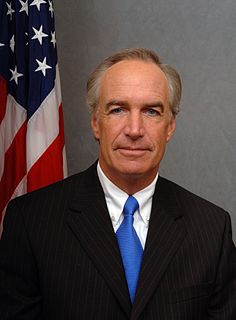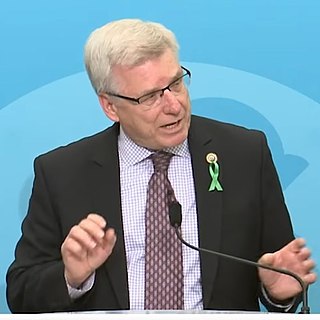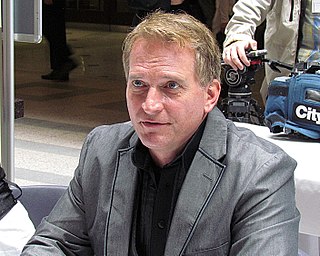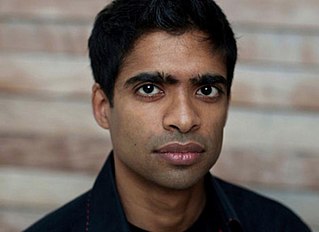A Quote by Henry Giroux
With no adequate role to play as consumers, many youth are now considered disposable, forced to inhabit "zones of social abandonment" extending from homeless shelters and bad schools to bulging detention centers and prisons.
Related Quotes
Youth no longer inhabit the privileged space, however compromised, that was offered to previous generations. They now occupy a neoliberal notion of temporality of dead time, zones of abandonment and terminal exclusion marked by a loss of faith in progress and a belief in those apocalyptic narratives in which the future appears indeterminate, bleak and insecure.
Life is now a war zone, and as such, the number of people considered disposable has grown exponentially, and this includes low income whites, poor minorities, immigrants, the unemployed, the homeless, and a range of people who are viewed as a liability to capital and its endless predatory quest for power and profits.
Consciously or unconsciously most of us adhere to what is expected of our role because we realize our social success depends on this. Some may refuse to play this game, but in the end they are marginalized and forced to play the outsider role, with limited options and decreasing freedom as they get older.

































